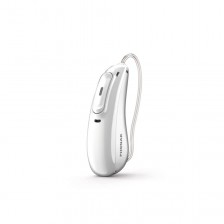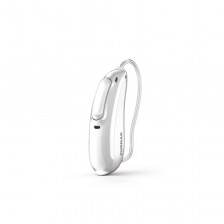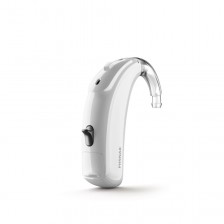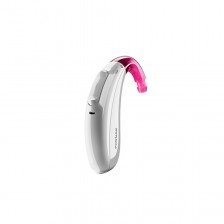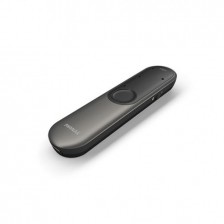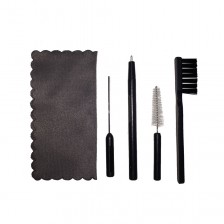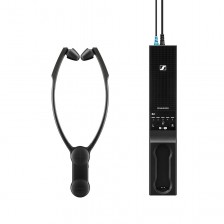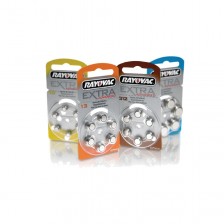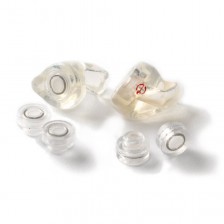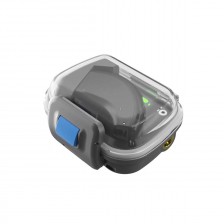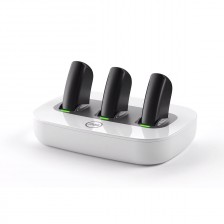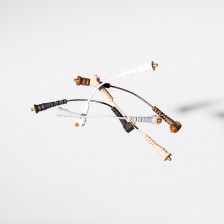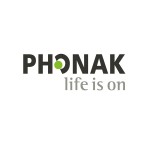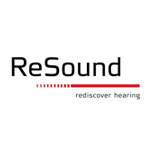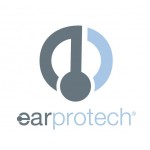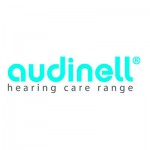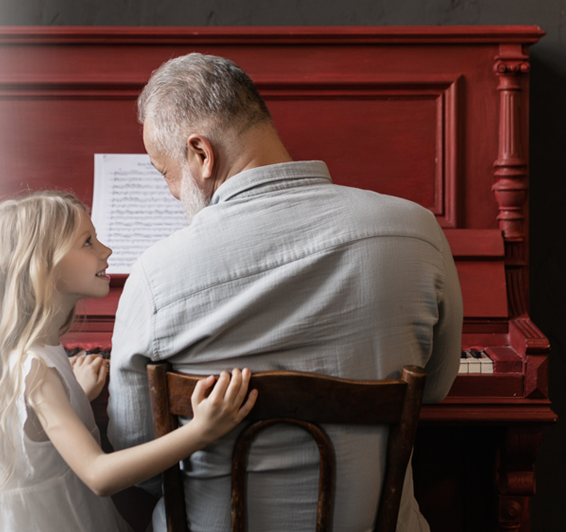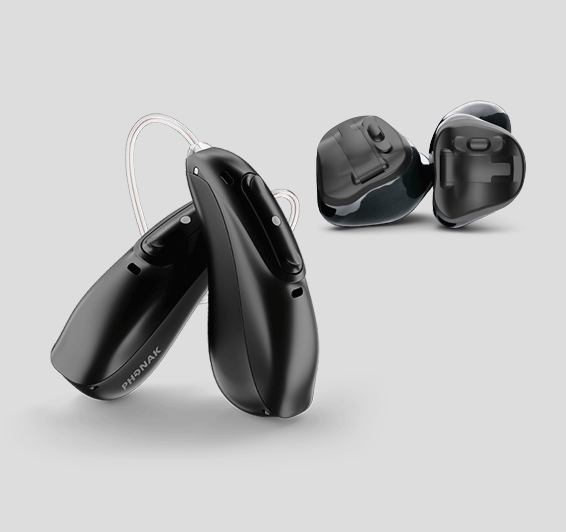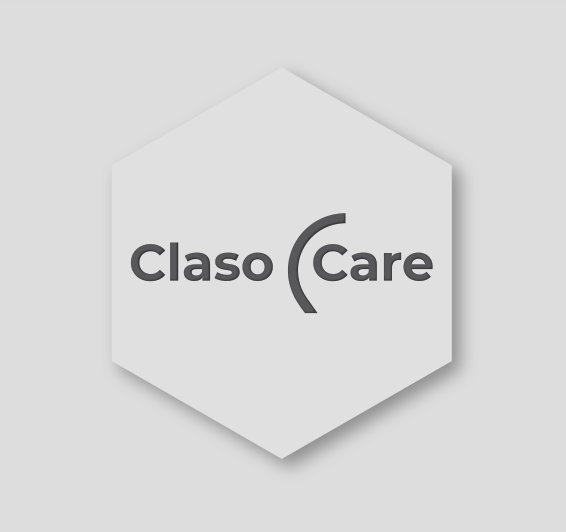Hear against wind and tide

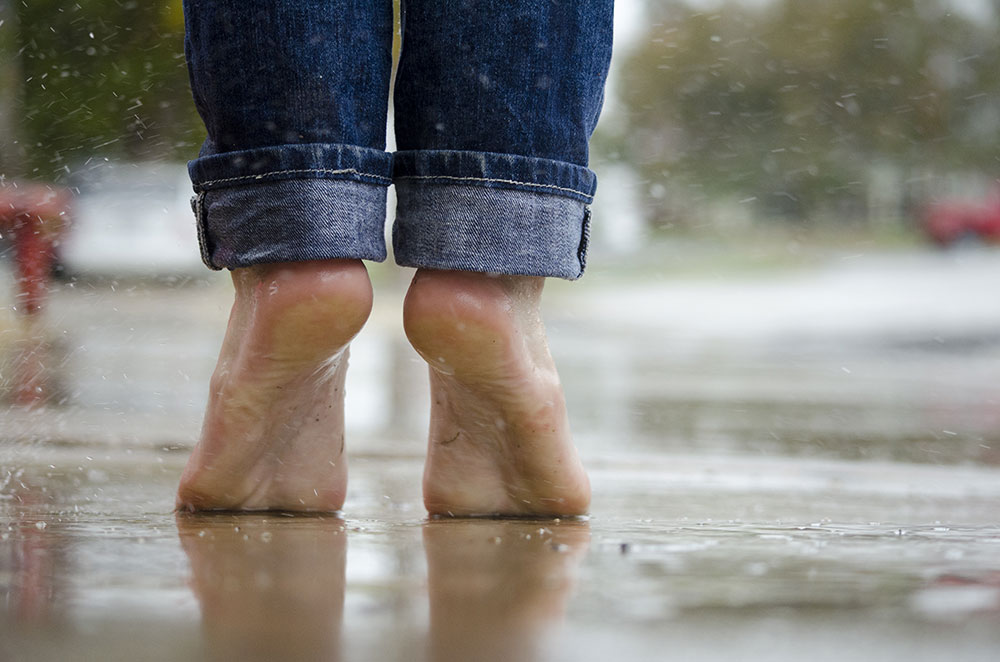
The first fear that face anybody who suspects to have a hearing loss when is about to take the desicion of visiting an specialist, is usually to think that living with hearing aids is incompatible with leading a normal life. But the reality is that, as we always tell you, the ultimate goal of audiology is to listen better, so that you can communicate more easily with everyone. That is the true sense of wearing a hearing aid and hearing well: that you can relate without problems to whoever you want, lead a normal life and do the same things you did before to have fun.
But can I really do anything I want wearing hearing aids? The answer is yes. Even activities that logic might make us suspect are incompatible with hearing aids. Today, thanks to advances in housing materials and design, which prevent particles from entering inside, anyone can play sports wearing hearing aids or bring them when traveling to the other end of the world without problems.
Of course, and even more bearing in mind that hearing aids are important investments for the majority, all those who start wearing hearing aids tend to believe that, for example, you will not be able to use them when go running, because sweat can damage them; Or because in the park where you do exercise, it raises a lot of dust and suppose that, in the long run, it will be harmful to the hearing aid. Maybe a few years ago you were right, but now hearing aids go through all kinds of tests that end up giving them a Degree of protection against solid objects like dust, and liquids, mainly water.
If you have a hearing aid on hand, you can check if it has an IP certification, which consists of two numbers -IP67, for example-: the first refers to solid objects and the second to liquids, 6 being the greatest protection for dust and 8 for water. This degree of protection, which is certified by tests in dust chambers and water tanks, is what ensures that the hearing aid is manufactured against any setback and is prepared to work against wind and tide. Hearing aids fit for real life, the one we all really have.
But, be careful! Hearing aids are not submersible or shockproof! The IP certification refers to situations of high humidity or rain, not to be able to bathe in the sea. And when we speak of solid objects, we mean particles of dust, not the blow of a football ball.
Speaking about sports, it is especially relevant the impact that all this has had in breaking the barrier between people with hearing problems and team sports. Apart from the degree of protection, the directionality and ability of hearing aids to create a sound environment has improved a lot in recent years, which makes it much easier to practice team sports with hearing aids today.
And to finish, pay attention when your audiologist tells you that maintaining your hearing aid is very important to extend the last of your hearing aid. Although technology and innovation are improving to avoid external agents can damage them, remember that over the years you end up wasting any electronic device.
